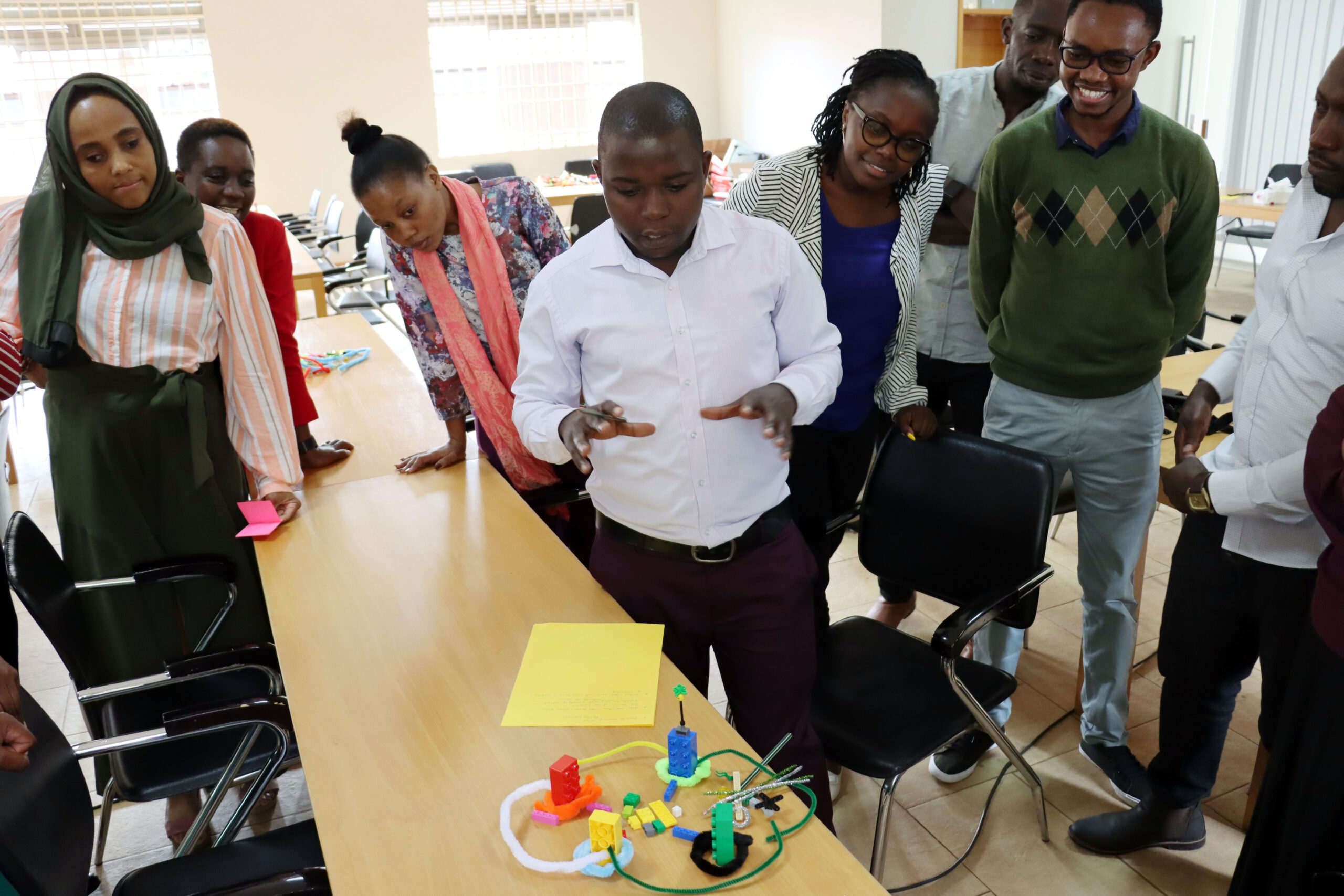Journey to skill East Africa’s children takes shape
The journey to equip East African children with skills and values continues to take shape under
Assessment of Life Skills and Values in East Africa (ALiVE) project.
On May 30, 2022, the ALiVE project partners made up of ALiVE secretariat and Ministry of
Education representatives from Kenya, Uganda and Tanzania converged in Kampala to
deliberate on ALIVE’s strategic direction. The three-day meeting was held at Luigi Giussani
Foundation in Luzira.
The meeting, which was also attended by development partners from LEGO Foundation, also
presented partners with an opportunity to interface with the media to further highlight skilling
and assessment issues, what can be done, and benefits of an integrated East African learning
journey.

The ALiVE journey dates back to 2018, when the Values and Life Skills (VaLi), a thematic cluster
of the Regional Education Learning Initiative (RELI), identified the need to strengthen the
integration of life skills and values in education in Kenya, Tanzania and Uganda.
Since then, more than 20 Civil Society Organizations committed to collaborate in ALiVE, a five-
year project that started in August 2020. The main issue addressed by ALiVE has been how to
measure these competences in our East African context, since most of the available tools were
developed in other contexts.
ALiVE responds to growing belief that 21st Century Skills are a fundamental part of education.
For example, in Uganda, the Government is implementing a new lower secondary school
competency-based curriculum, while in Kenya, the competency-based curriculum seeks to
nurture seven core competences (among them problem solving and critical thinking,
collaboration, imagination and creativity), as well as eight values (respect, responsibility,
honesty, among others). In 2005, Tanzania also rolled out a competency-based curriculum to
respond to concerns that the previous system was not equipping graduates with the desired
competencies for the new job market.
Evidence shows that apart from these competences being demanded in employment, they also
support academic achievement and contribute to harmonious living. Yet, our education
systems have primarily focused on academic subjects at the expense of holistic growth and
development.





